Outbreak Of Another Disease

After the COVID, followed by the dieseases caused by flood Pakistan is again facing an outbreak of a disease diphtheria. The dangerous bacterial strains known as Corynebacterium diphtheriae that cause diphtheria produce a toxin. It may result in breathing difficulties, irregular heartbeat, and even death. To prevent diphtheria, the CDC advises vaccinations for newborns, kids, teenagers, and adults. Reasons and Methods of Spread. The National Institute of Health Islamabad has advised the Drug Regulatory Authority of Pakistan to ensure that Diphtheria Antitoxin, which is used to treat infected patients along with antibiotics, is available in the nation following the deaths of dozens of children throughout the nation as a result of diphtheria. The bacterium “Corynebacterium diphtheria” produces toxins, and some strains of this bacterium cause the vaccine-preventable illness diphtheria. Diphtheria, tetanus, pertussis, hepatitis B, and Haemophilus influenza type b vaccinations are administered to Pakistani children as a combination of five immunizations. In the Jamshoro area of Sindh province, a Pakistani paramedic checks a young patient at a medical camp.

ISLAMABAD: The National Institute of Health in Islamabad has “recommended” the Drug Regulatory Authority of Pakistan to ensure the availability of diphtheria antitoxin in the nation, which is used to treat infected patients together with antibiotics. This recommendation comes in response to the deaths of scores of children throughout the nation as a result of diphtheria. ‘Corynebacterium diphtheria’ bacterium strains that produce toxins are what cause the vaccine-preventable illness diphtheria. Children in Pakistan receive a vaccination against five serious illnesses: diphtheria, tetanus, pertussis, hepatitis B, and Haemophilus influenza type b. Diphtheria is a potentially fatal bacterial infection brought on by infection with toxin-producing strains of Corynebacterium diphtheria, according to an NIH advisory titled “Advisory for Prevention and Treatment of Corynebacterium diphtheria. Diphtheria is still sometimes recorded in Pakistan and is often common from November to February. According to the statement, anyone who has laryngitis, pharyngitis, tonsillitis, and a visible adherent membrane on the tonsils, throat, and/or nose may be infected with Corynebacterium diphtheria. Diphtheria is an infectious, possibly fatal bacterial disease brought on by infection with Corynebacterium diphtheria toxin-producing strains, according to an NIH advisory. To stop the spread of the disease, diphtheria patients are isolated from the general population. After taking antibiotics for around 48 hours, an infected individual is no longer infectious. Tests will be repeated to confirm that the germs are eliminated when therapy is finished. You will receive a vaccination to guard against subsequent illnesses after the germs are eliminated.

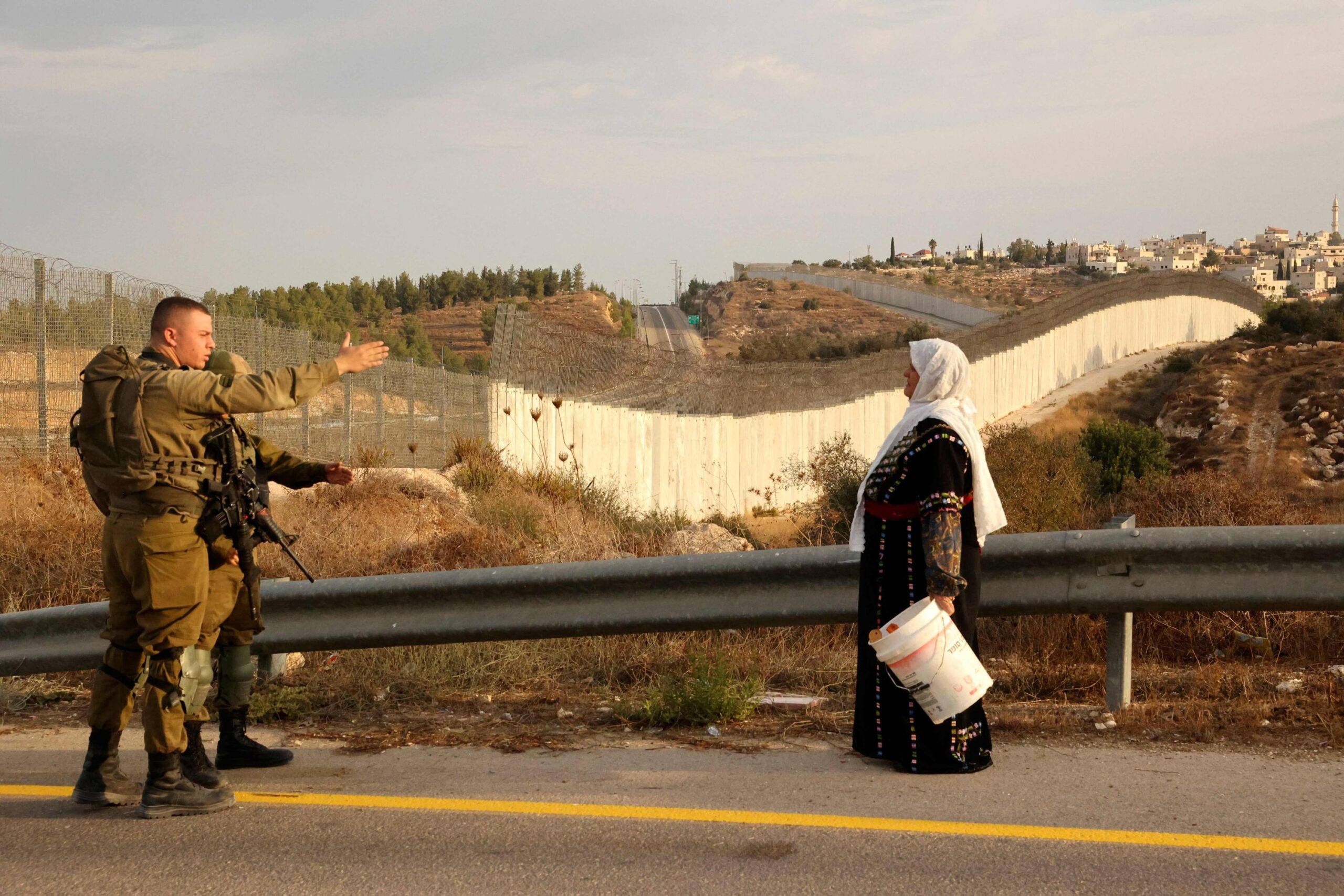
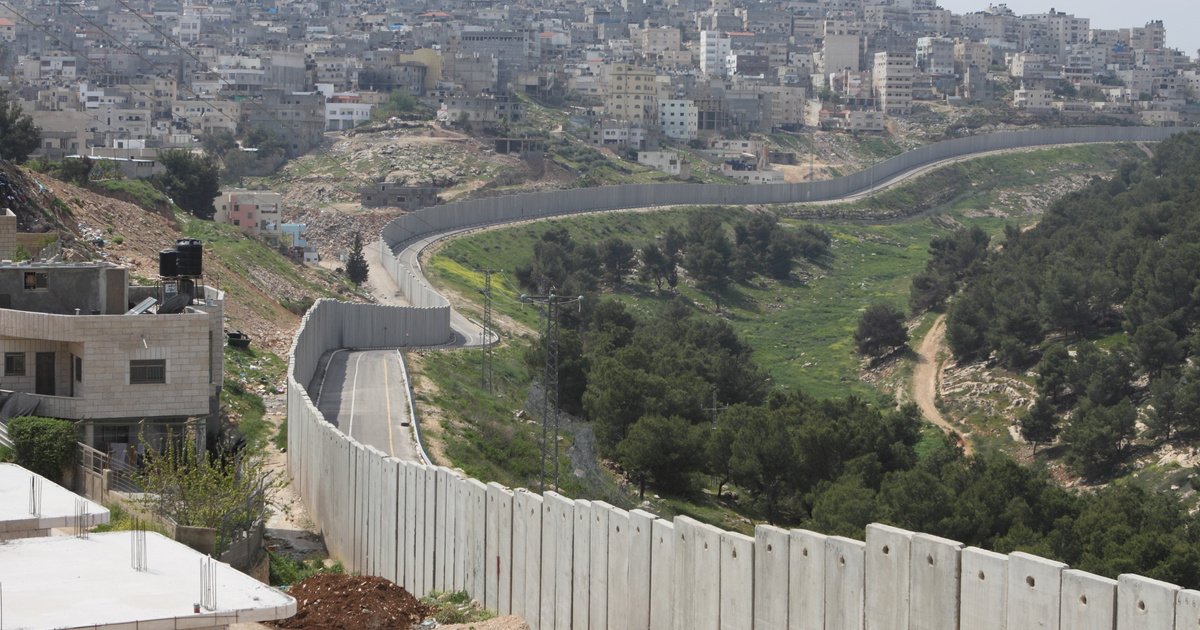
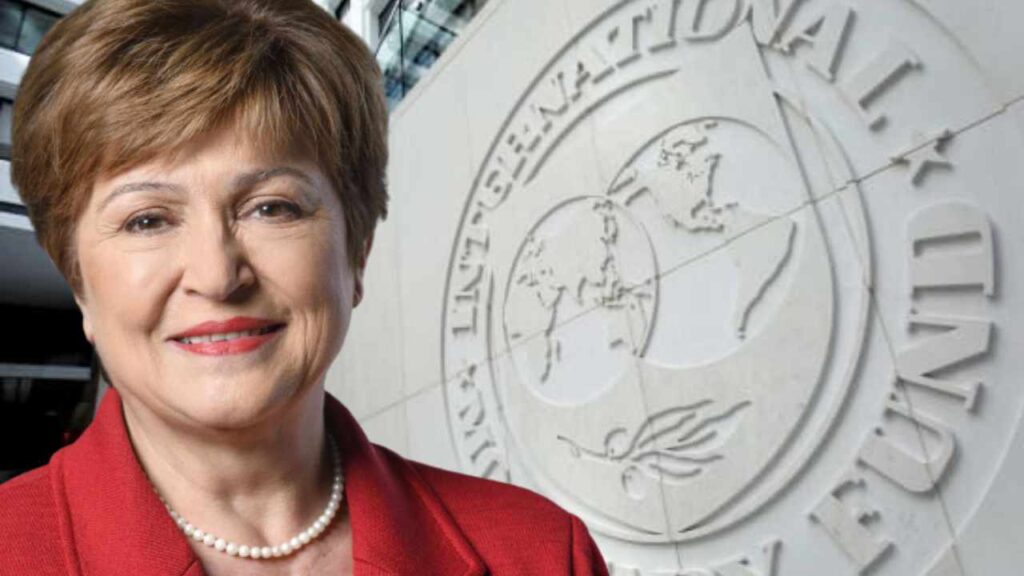

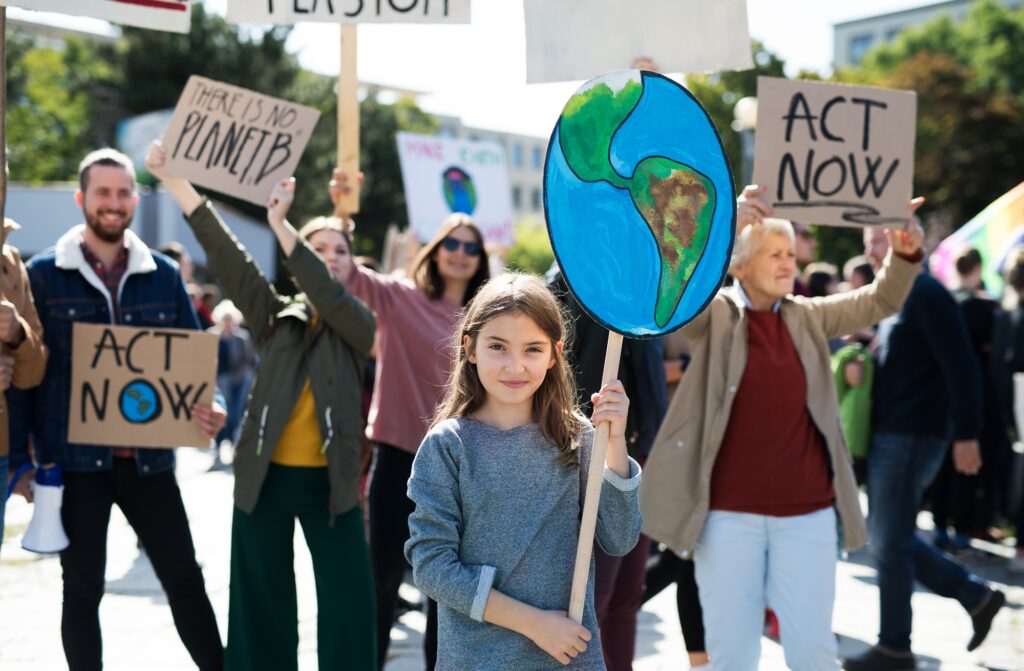









 While the all out cost has not been finished, it won’t be borne exactly similarly between the three nations, the authority added. Japan’s Nikkei business day to day said that organizations Mitsubishi Weighty Enterprises, BAE Frameworks and Leonardo would administer the new undertaking, which is Tokyo’s second joint improvement after its SM-3 rocket made with Washington. The undertaking is the most recent high-profile illustration of partnered nations teaming up on an impromptu premise to foster protection hardware. Such moves demonstrated disputable last year, notwithstanding, when the US grabbed a worthwhile agreement to supply Australia with submarines from under French noses and sent off another US-UK-Australia collusion in the Pacific, named AUKUS.
While the all out cost has not been finished, it won’t be borne exactly similarly between the three nations, the authority added. Japan’s Nikkei business day to day said that organizations Mitsubishi Weighty Enterprises, BAE Frameworks and Leonardo would administer the new undertaking, which is Tokyo’s second joint improvement after its SM-3 rocket made with Washington. The undertaking is the most recent high-profile illustration of partnered nations teaming up on an impromptu premise to foster protection hardware. Such moves demonstrated disputable last year, notwithstanding, when the US grabbed a worthwhile agreement to supply Australia with submarines from under French noses and sent off another US-UK-Australia collusion in the Pacific, named AUKUS.

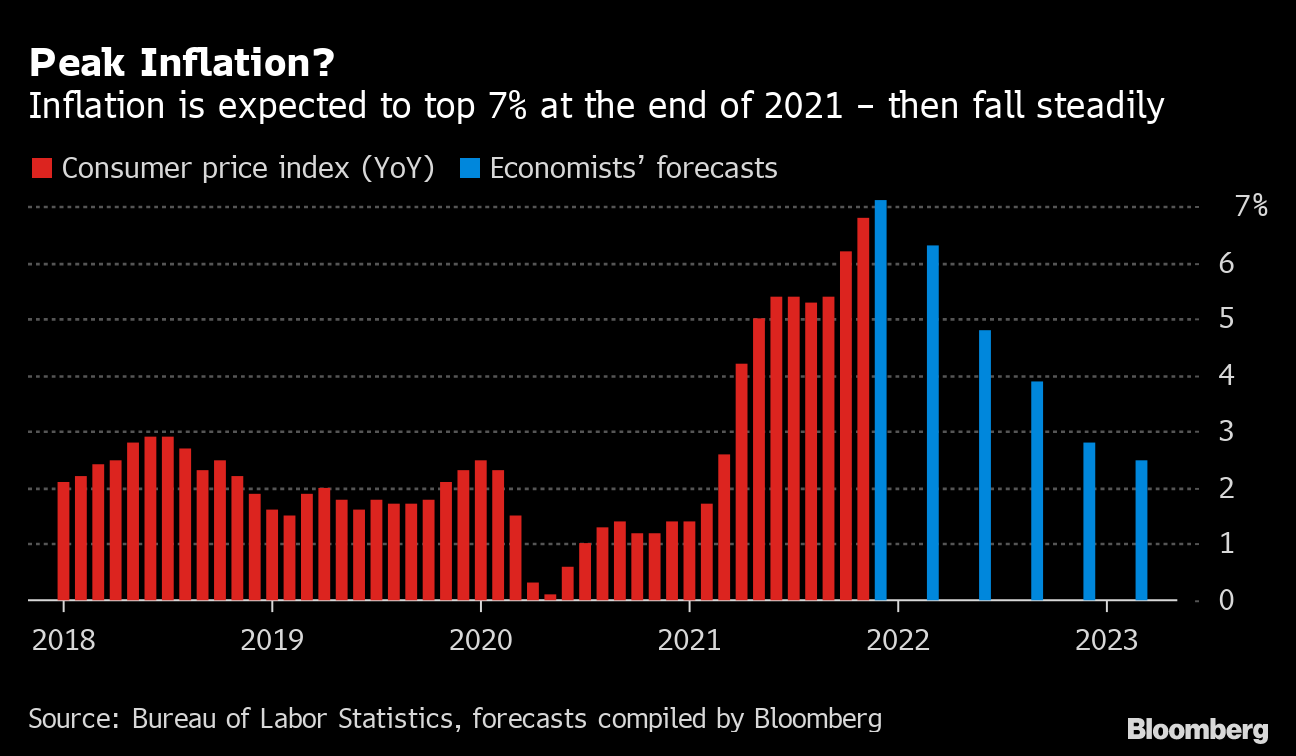
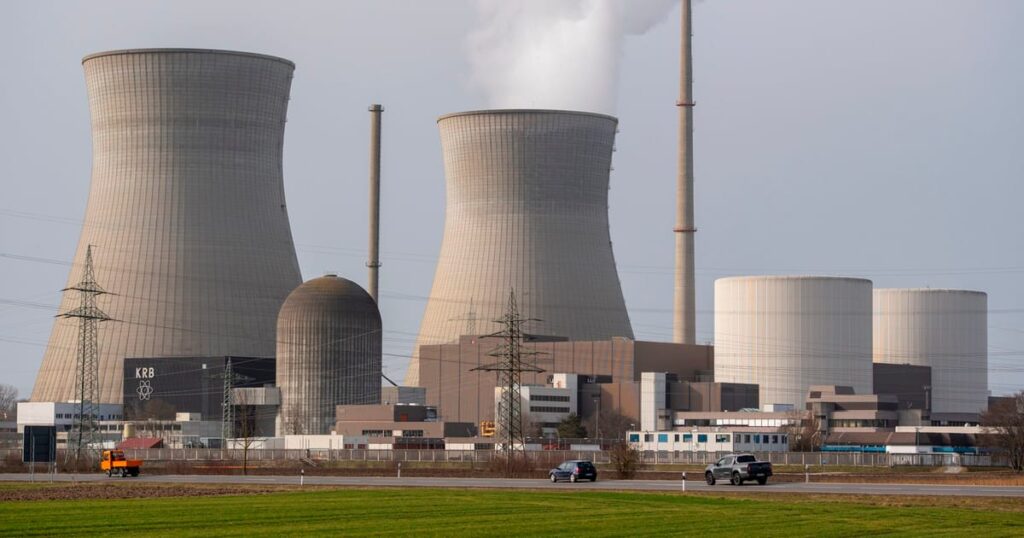

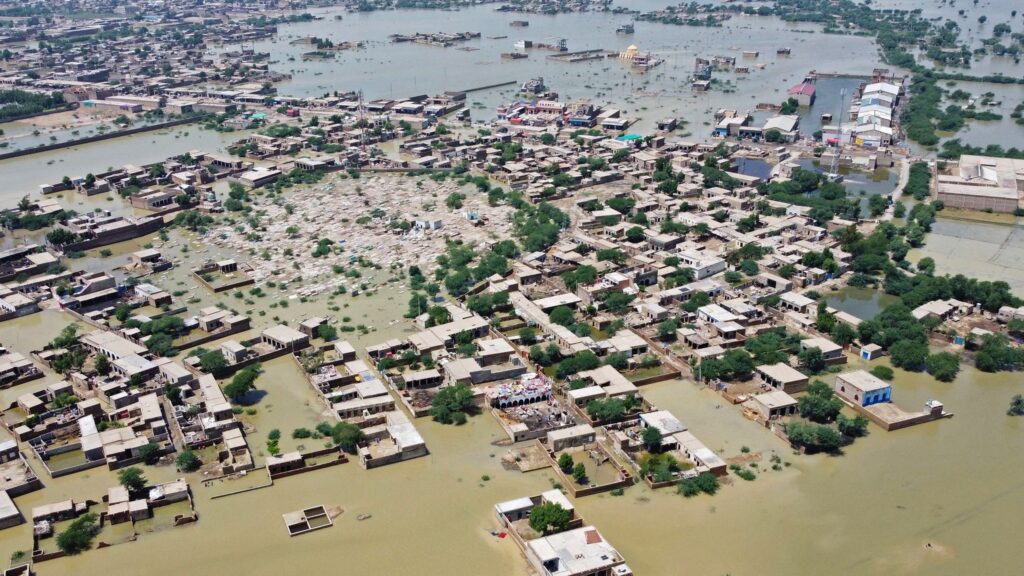
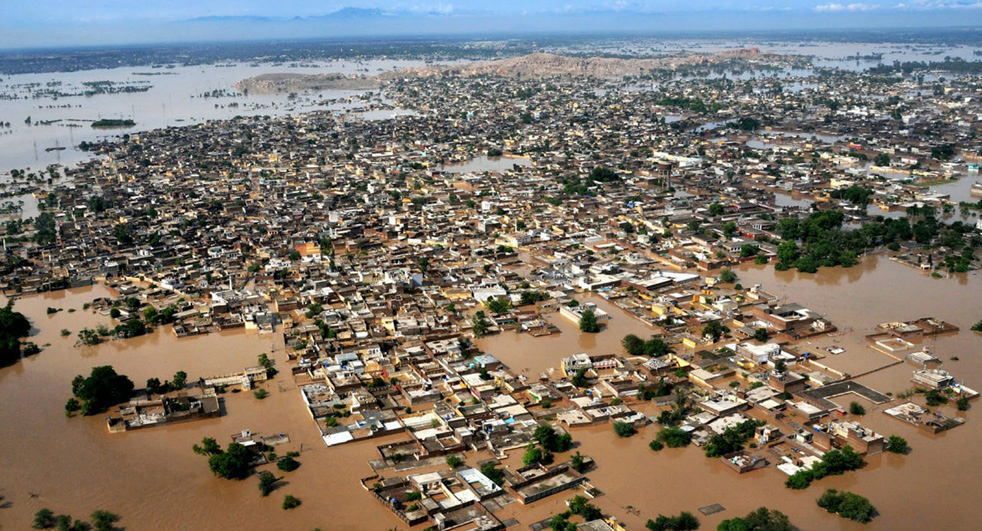 According to how the Pakistani government has handled the flood situation so far, it is clear that our policymakers and the appropriate state institutions did not adequately reflect on the super-floods of 2010. Pakistan requires a lot of assistance from the international community, especially the biggest climate change contributors, but there is also much that has to be done domestically to make the nation more resilient to various climate-related disasters. The colonial administration actually increased the probability of moderate frequency-high intensity flood occurrences by constructing a complex water management system. Pakistan must enhance water drainage, but it cannot deconstruct its irrigation infrastructure. To reduce the intensity of flooding, obstructions that prevent natural drainage of waterways should be eliminated. Flood risk due to heavy rainfall will last for shorter periods of time because to improved drainage. This will thus minimise the severity of evictions, water-borne illnesses, and the loss of human and cattle life. In order to ease drainage and reduce flood damage, it is crucial that important infrastructure, such as highways and railway lines, have functional drainage ditches or other relevant architectural features.
According to how the Pakistani government has handled the flood situation so far, it is clear that our policymakers and the appropriate state institutions did not adequately reflect on the super-floods of 2010. Pakistan requires a lot of assistance from the international community, especially the biggest climate change contributors, but there is also much that has to be done domestically to make the nation more resilient to various climate-related disasters. The colonial administration actually increased the probability of moderate frequency-high intensity flood occurrences by constructing a complex water management system. Pakistan must enhance water drainage, but it cannot deconstruct its irrigation infrastructure. To reduce the intensity of flooding, obstructions that prevent natural drainage of waterways should be eliminated. Flood risk due to heavy rainfall will last for shorter periods of time because to improved drainage. This will thus minimise the severity of evictions, water-borne illnesses, and the loss of human and cattle life. In order to ease drainage and reduce flood damage, it is crucial that important infrastructure, such as highways and railway lines, have functional drainage ditches or other relevant architectural features. Clearly, Pakistan has given very less attention to disaster-resistant infrastructure development. Smaller dams in Balochistan, for example, and other towns and cities’ already sparse infrastructure and community resources have apparently been destroyed or severely damaged. In its place, the nation is having uneven development with housing societies, hotels, and other infrastructure that encroaches on the floodplains. It is past time for our administrators and officials to stand up to pressure or enticement from influential vested interests and steadfastly reject any real estate developments on floodplains, like the profitable but problematic Ravi River project. Rather than playing a blame game, more attention should be given to preventive measures, risk analysis disaster management and mitigation. Despite the creation of national and provincial disaster management bodies, the nation’s institutional capacity to deal with climatic disasters remains poor. In order to enhance disaster management and preparedness efforts and make them more reactive, local areas must be involved, according to academics and development practitioners. To enable more effective early warning and vulnerability analysis, civil society and other local institutions can play a crucial role in data collection and information sharing.
Clearly, Pakistan has given very less attention to disaster-resistant infrastructure development. Smaller dams in Balochistan, for example, and other towns and cities’ already sparse infrastructure and community resources have apparently been destroyed or severely damaged. In its place, the nation is having uneven development with housing societies, hotels, and other infrastructure that encroaches on the floodplains. It is past time for our administrators and officials to stand up to pressure or enticement from influential vested interests and steadfastly reject any real estate developments on floodplains, like the profitable but problematic Ravi River project. Rather than playing a blame game, more attention should be given to preventive measures, risk analysis disaster management and mitigation. Despite the creation of national and provincial disaster management bodies, the nation’s institutional capacity to deal with climatic disasters remains poor. In order to enhance disaster management and preparedness efforts and make them more reactive, local areas must be involved, according to academics and development practitioners. To enable more effective early warning and vulnerability analysis, civil society and other local institutions can play a crucial role in data collection and information sharing.